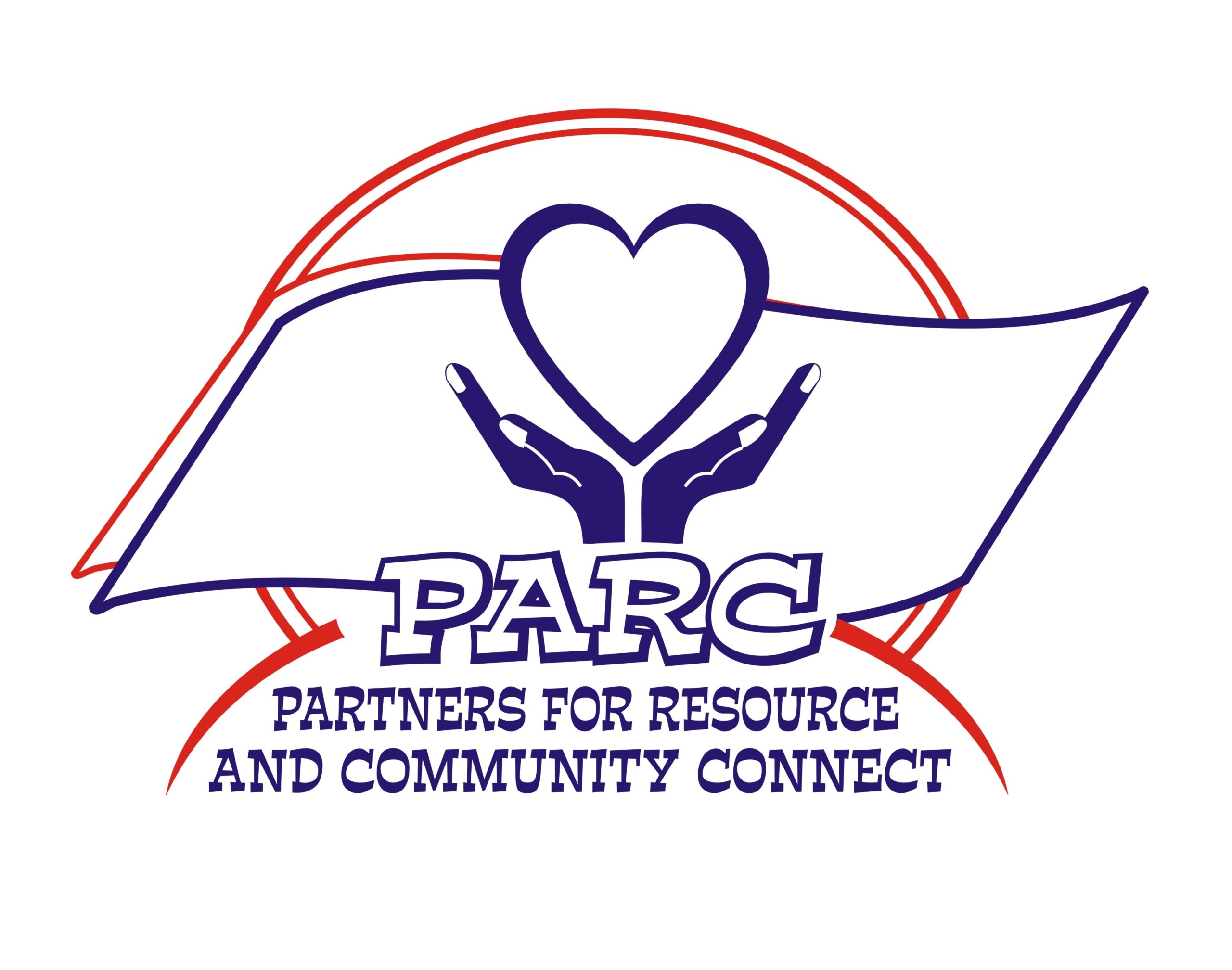In rural areas of Uganda, there is often a lack of affordable basic preventive services including reproductive health. Lack of reproductive health services can translate sexual violence that may lead to a rise in HIV and sexually transmitted infections (STIs); an inadequate health service leads to increase in mortality. Reproductive health (SRH/SRHR) is also important for adults and young people helping to raise awareness about puberty, sexual violence, sexually transmitted diseases including HIV/AIDS, family planning, and maternal health. It empowers women and men to make informed decisions about their bodies, improve general health, and well being, and overcoming inequality to break the vicious cycles of poverty
PARC aims to empower marginalized people living in rural under-served communities in Uganda through advice and support, equipping them with the information, knowledge and means to ensure they can demand and access quality healthcare, and empower them to bail themselves out of the ill-health situations that trap them into poverty trap, by using the following interventions;-
Sexual and Reproductive Health (SRH) Education
PARC Sanitary Pads
We focus on creating local access to low-cost affordable menstrual products through running a reusable sanitary pads production enterprise that employs local women – training entrepreneurs and establishing local markets through social marketing to increase demand and tackling last-mile distribution challenges for the most marginalized communities.
To ensure uptake of the reusable sanitary pads, we work with various stakeholder to train students (schools) and teachers to deliver reproductive health education that focuses on integrating menstrual hygiene management (MHM) into the school development plans (SDP) and existing community programs so that it becomes part of normal practice.
We will be launching a locally-run social enterprise producing and selling low-cost reusable sanitary products, including a pilot installment payment scheme and a sales strategy to enable local women to become entrepreneurs and sell the products on commission in their own communities.
The project will not only create work for women who would otherwise struggle to find employment but will also allow PARC to increase its capacity to sustainably provide the highly needed basic menstrual hygiene management (MHM) challenges essential for the girls to stay in – and finish school. Another impact that the reusable sanitary pads will have on women and girls in the sense of dignity it brings with it. Our reusable sanitary pads will offer better feminine hygiene protection and comfort while reducing environmental waste due to the littering of disposable sanitary pads.
Health Centre Links
PARC partners with health center as well as VHT trained (serving as VHCT) to ensure access to SRH/ SRHR services in the following ways;-
-
Working with village health teams (VHTs) who serve as a link between the community and Ugandan health facilities to strengthen linkage and referral systems for SRHR and ARV/ART as well as a follow-up of the patients.
-
Each health center hosts an antenatal and postnatal care clinic that ensures safe and healthy deliveries. In addition, these centers provide crisis interventions (for rape and defilement cases) including examinations for evidence collection and emergency treatments such as Post-Exposure Prophylaxis (PEP) which helps to prevent the contraction of HIV/AIDS and emergency contraceptives pills which helps to prevent unplanned pregnancies.
-
Working with the staff at the center, all visiting patients are offered HIV/AIDS education at the reception. This is coupled with the provision of youth-friendly SRH/ SRHR services including VCT for STIs and HIV/AIDS.
-
Through regular meetings and workshops, our VHCTs as well as the health facility staff (where necessary) inform the villagers about the range of medicines in PARC’s health shop as they educate them about their health.
-
Also, HIV/AIDS education is a key element of our program, from in-school information to community group sessions. PARC’s troupe (music group) educates the community about HIV/AIDS and other health issues through songs, and skits at schools, churches, and gatherings.
